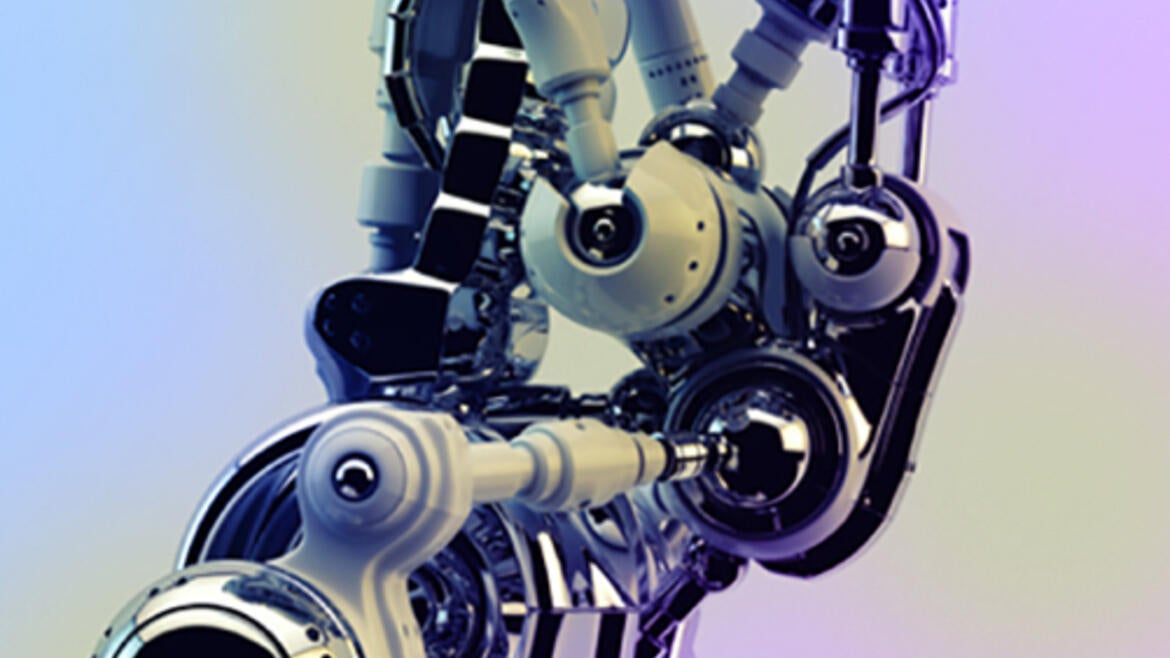Colloquium: Shu Chien

Mechanotransduction in Endothelial Cells: Feedback Control of Intracellular Mechanics
Shu Chien, Ph.D.
Department of Bioengineering and Medicine,
and Institute of Engineering in Medicine,
University of California San Diego, La Jolla, California, U.S.A.
Vascular endothelial cells (ECs) play significant roles in regulating circulatory functions. Mechanical stimuli, including the stretch and shear stress resulting from circulatory pressure and flow, modulate EC functions by activating mechano-sensors, signaling pathways, and gene and protein expressions. Mechanical forces with a clear direction (e.g., the pulsatile shear stress and the uniaxial circumferential stretch existing in the straight part of the arterial tree) cause only transient molecular signaling of pro-inflammatory and proliferative pathways, which become down-regulated when such directed mechanical forces are sustained. In contrast, mechanical forces without a definitive direction (e.g., disturbed flow and relatively undirected stretch seen at branch points and other regions of complex geometry) cause sustained molecular signaling of pro-inflammatory and proliferative pathways. The EC responses to directed mechanical stimuli involve the remodeling of EC structure to minimize alterations in intracellular stress/strain and elicit adaptive changes in EC signaling in the face of sustained stimuli; these cellular events constitute a feedback control mechanism to maintain vascular homeostasis and are athero-protective. Such a feedback mechanism does not operate effectively in regions of complex geometry, where the mechanical stimuli do not have clear directions, thus placing these areas at risk for atherogenesis. The differential modulation of EC functions by various flow patterns involves intricate interplays of signaling pathways and gene regulation. The mechanotransduction-induced EC adaptive processes in the straight part of the aorta provide a mechanical and molecular mechanism for the maintenance of cellular homeostasis in the face of external perturbations.
Shu Chien is University Professor of Bioengineering and Medicine in University of California System and Director of UC System-wide “Bioengineering Institute in California.” At UCSD, he is Y.C. Fung Professor of Bioengineering & Medicine and Director of the Institute of Engineering in Medicine. He was the Founding Chair of Department of Bioengineering from 1994-1999 and Chair from 2002-2005. He is a world leader in molecular, cellular and integrative studies on bioengineering and physiology in health and disease. He served as President of many societies, including the American Institute for Medical and Biological Engineering and the Federation of American Societies for Experimental Biology. He has authored more than 500 journal articles and edited 11 books. He is one of only 8 scientists in the world who are members of all four US National Academies: National Academy of Science, National Academy of Engineering, Institute of Medicine, and American Academy of Arts and Sciences. He is also a member of Academia Sinica in Taiwan and Chinese Academy of Sciences in Beijing (Foreign Member). He has received numerous awards and honors, including the Landis Award, Zweifach Award, Fahraeus Medal, Melville Medal (twice), Poiseuille Medal, and the Founders Award of National Academy of Engineering. He is the only living Honorary Member of the Chinese Association of Physiological Sciences and IEEE Engineering in Medicine and Biology Society. In 2009, he received the Presidential Prize in Life Sciences in Taiwan. In 2011, he received from President Obama the National Medal of Science, the highest honor for scientists and engineers in the USA.